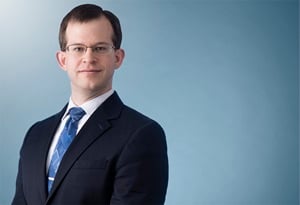Same Song, Different Verse — Causation Experts for Second Group of Bellwether Plaintiffs Excluded for Same Reason as First Group’s Expert in In re Deepwater Horizon BELO Case
Faegre Drinker on Products blog
Multidistrict litigation is meant to “promote the just and efficient conduct” of actions “involving one or more common questions of fact” by transferring those actions to a single district court “for coordinated or consolidated pretrial proceedings.” 28 U.S.C. § 1407(a). In MDLs involving alleged physical injury or illness caused by a product, one “common question of fact” is general causation. Each plaintiff in the MDL must prove that the product is capable of causing the injury or illness. We think it is usually — if not always — most “just and efficient” to address general causation on an MDL-wide basis as early as practicable. Some courts disagree, testing general causation initially on just a subset of plaintiffs in the MDL; when those efforts fail, other plaintiffs may be permitted to try again, perhaps with new general causation experts. But the plaintiffs’ second attempt to establish general causation often fails to remedy the problems that doomed the first attempt, merely amplifying costs for both parties before reaching the same result. The In re Deepwater Horizon BELO (Back-End Litigation Option) Cases litigation, while not formally centralized as an MDL itself, provides another example. In re Deepwater Horizon BELO Cases, 119 F.4th 937 (11th Cir. 2024).
The material contained in this communication is informational, general in nature and does not constitute legal advice. The material contained in this communication should not be relied upon or used without consulting a lawyer to consider your specific circumstances. This communication was published on the date specified and may not include any changes in the topics, laws, rules or regulations covered. Receipt of this communication does not establish an attorney-client relationship. In some jurisdictions, this communication may be considered attorney advertising.



